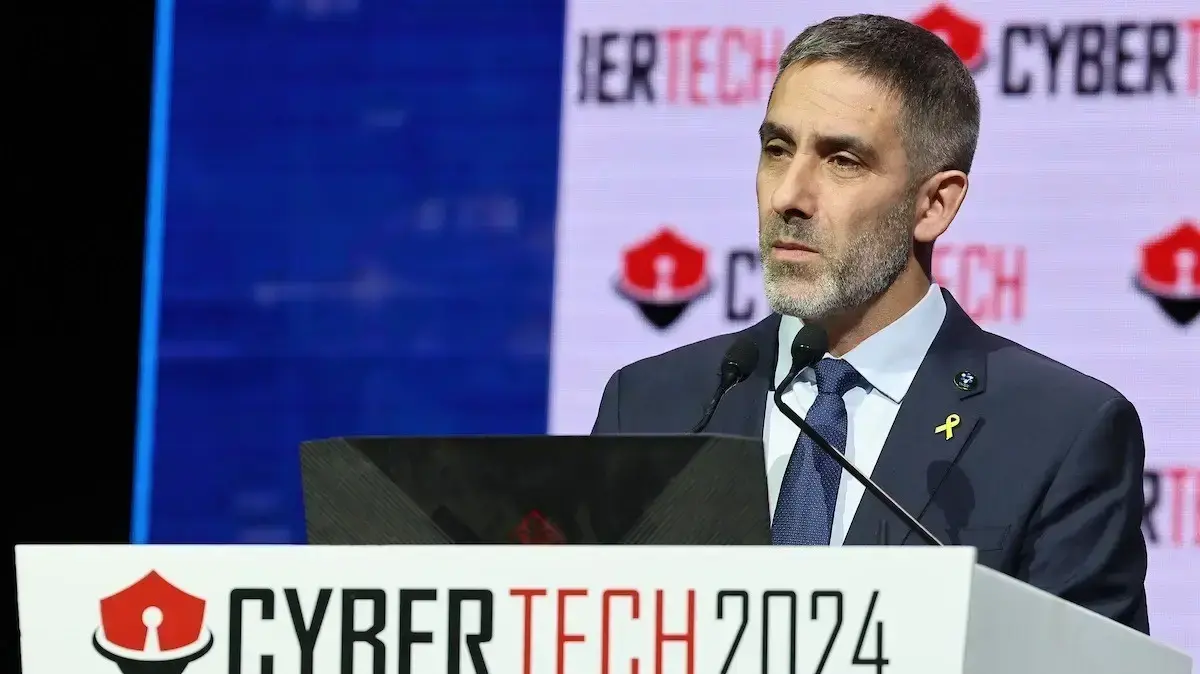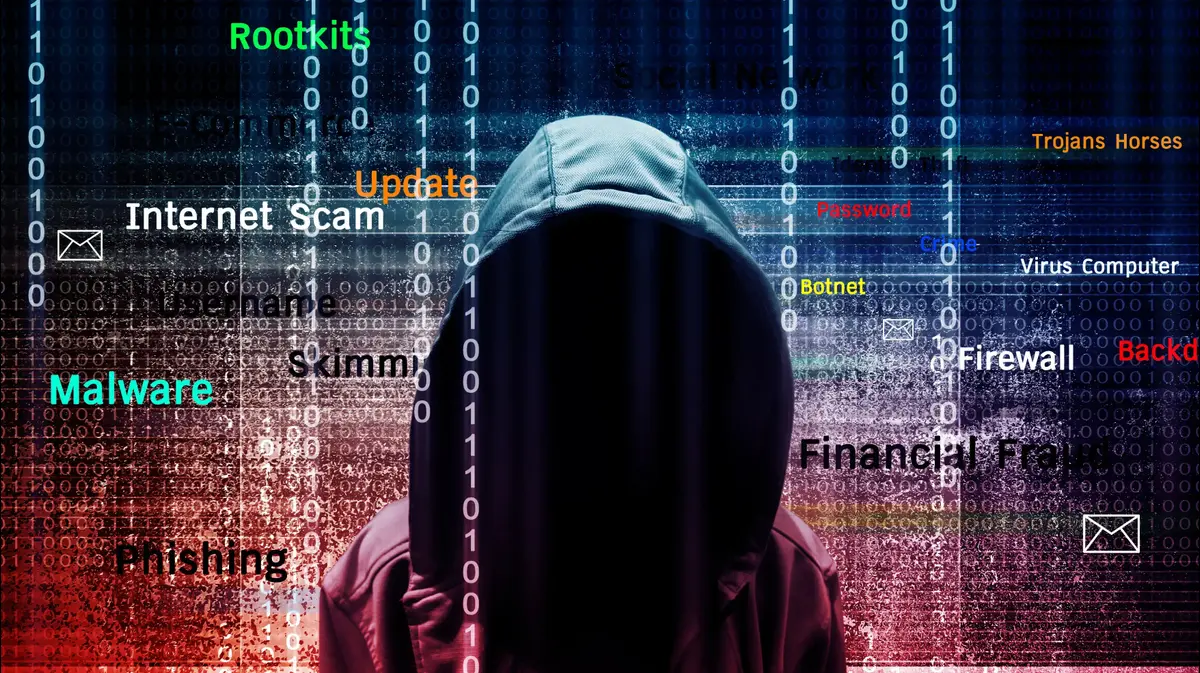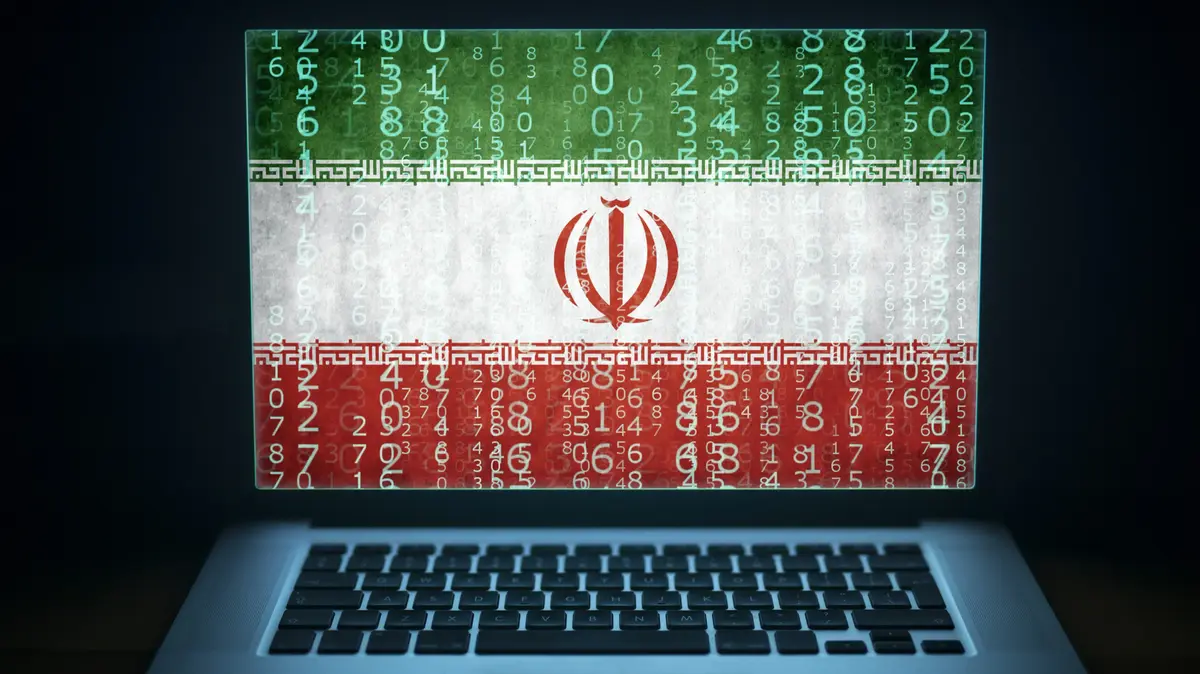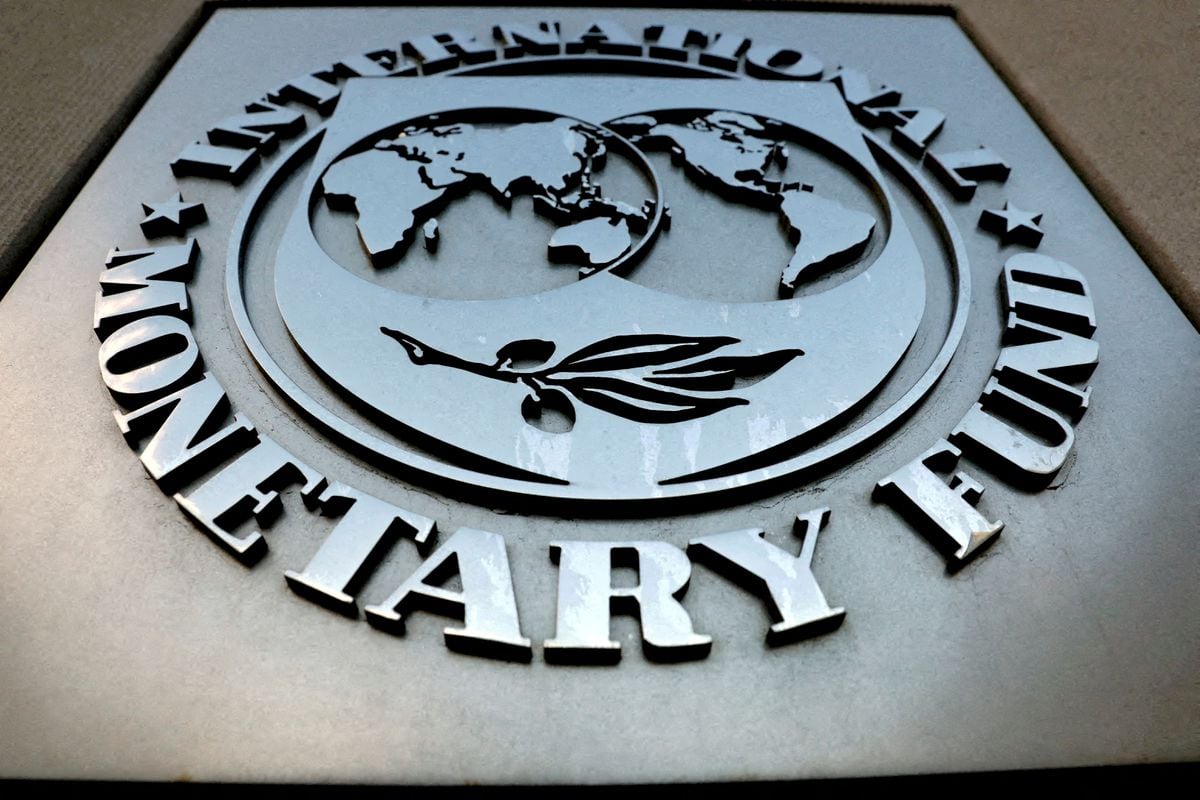Caritas recovers from cyber attack
Created: 01/16/2023, 06:00
By: Michaele Heske
Caritas diocesan chairwoman Gabriele Stark-Angermeier explains why she did not respond to the hackers' demands.
©Oliver Bodmer
At the beginning of September, Caritas Munich and Freising fell victim to a cyber attack.
Criminals had smuggled malware in, and the welfare organization no longer had access to its data.
Erding - The hacker attack also had an impact on the work in the Erding district.
We spoke to Caritas boss Gabriele Stark-Angermeier and employees from the region about this "time flying blind".
The repair work is still going on, and the Caritas employees only recently received an email address again.
"When suddenly no computer is running anymore, you realize how deep we are in the virtual world," Brigitte Fischer recalls of the first few days after the cyber attack.
Forms, social reports and even the calendar are stored on the computer.
"Nowadays, you don't have the appointments in your head anymore," says the social worker from Dorfen, whose core business is primarily advice and the resulting applications.
A colleague of Fischer's has always had an index box on his desk and copies in files, she says.
A few months ago, she was still amused by this analogue way of working.
But now she is also keeping everything on paper again: "The first time was like flying blind," says the employee of Caritas Erding.
Gabriele Stark-Angermeier, head of the Caritas Association of the Archdiocese of Munich and Freising, remembers September 10 very well.
“I was at the Passion Play in Oberammergau.
During the break I took the call: hackers have paralyzed our central IT.
They demand a ransom, a higher amount in cryptocurrency.” Stark-Angermeier does not want to name the exact amount.
An emergency meeting was called immediately and the police turned on.
It quickly became clear to the board of directors, the supervisory board and the archdiocese: "We cannot allow ourselves to be blackmailed." Caritas is a non-profit association, and there was no guarantee that it would have been safe later.
Despite all protective measures, cyber thieves managed to access the system.
"These are all criminals, they don't show any consideration, otherwise they wouldn't have attacked a social organization." The trail leads to Eastern Europe, probably to Russia.
The association with 10,000 employees and 70,000 clients had to switch to analogue operation on an ad hoc basis.
"The organizational effort was immense, but the patients, for example in elderly care, could still be cared for because the medication plans are also on paper anyway.
At no time were the life and limb of our clients endangered,” reports Stark-Angermeier
Later, solutions also had to be found in the consulting area on site, the documentation was again done with paper and pencil.
"It's a good thing that the majority of employees in the multi-generation house do not need any IT for their daily work.
We were able to continue to look after our 350 children, who come to our house every day," says Claudia Buchberger from the multi-generation house in Taufkirchen.
Meeting events also took place as usual.
"For us as managers and for the administrative staff, it was and still is a feat of strength to recreate everything," says Buchberger.
The head of the facility also bought an analogue calendar first, in order to organize herself somewhat again.
"Having no longer access to digital means of communication has shown how time-consuming and yet sometimes more effective it is to clarify a topic in person or on the phone than to send an e-mail."
also read
Investigators discover a dismembered animal at Munich Airport: head and intestines included
TO READ
Smoking is considered cool again
TO READ
Everything out of the Kratzerwirt: Investor is annoyed by citizens who enter the construction site without permission
TO READ
Truck driver has almost three per thousand
TO READ
Munich Airport: Edeka customer opens a sandwich and gets pissed off
TO READ
Fancy a voyage of discovery?
My space
The attack also sensitized her personally to be even more careful with her data: "Weeks after the attack, I received an SMS from my bank asking me to check my data and enter it again.
Before, I probably would have done this easily, after this experience I called my bank and they actually didn't ask them," explains Buchberger.
Stark-Angermaier believes that no personal data about patients, vaccination status or account numbers has been made public so far.
However, increased attention is required in the association: employees, clients and relatives should report to the police immediately if anything strikes them as odd.
Caritas is now upgrading to a completely new IT system, and the repair work on the data records is in full swing, explains Stark-Angermeier.
"In the summer of 2023 it will be business as usual again," hopes the head of the association.
Despite all the stress, there is also a positive effect, says Fischer: “The deceleration.
We always think we have to respond to every email immediately.
That wasn't possible for us in the last few months, we were forced to shift down a gear and still managed to do almost everything.” mhe















